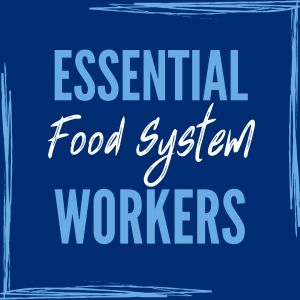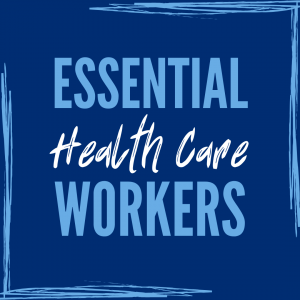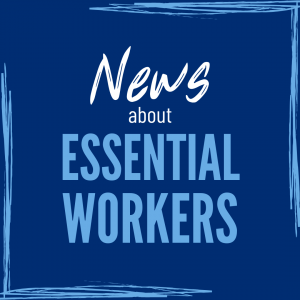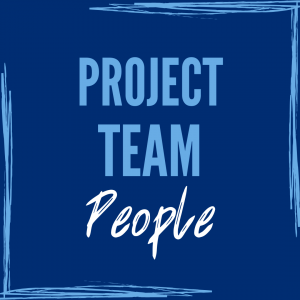A collaboration between the Johns Hopkins Berman Institute of Bioethics and
the University of Colorado Boulder’s Masters of the Environment program
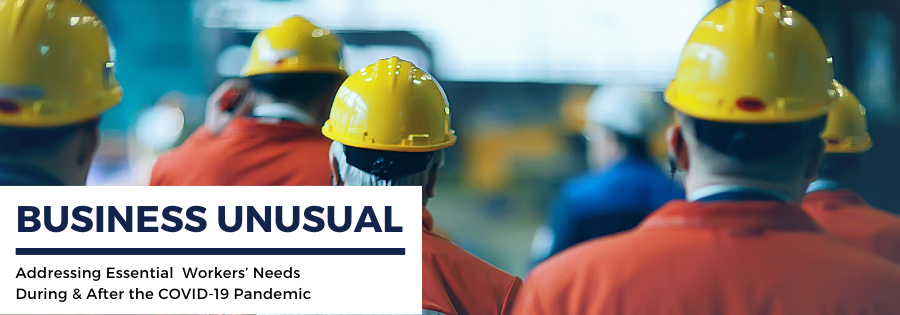
The Essential Workers Project
Stay-at-home orders and social distancing guidelines shuttered non-essential businesses, threw many non-essential workers into furlough or unemployment, and sent others home to perform their work. However, as business districts and commuter highways emptied, essential workers are still venturing out and reporting for duty. They are faced with “business as usual” in a time that is anything but.
COVID-19 has forced governments around the United States and across the globe to state the obvious – some workers in our society are seen as essential, others are not. Medical providers, police officers, sanitation workers, transportation workers, food chain workers – these are the people we rely upon always and need more than ever when faced with disaster, especially a pandemic.
The irony is that many essential workers are not ordinarily treated as such. Many categories of essential workers generally earn low wages, receive few benefits, have negligible financial security, and have, at best, a limited political voice. In other words, essential workers are, too often, undervalued and socially marginalized.
During the COVID-19 pandemic, essential workers are assuming personal risks for the common good. When they show up and do their jobs – sometimes without adequate protections in the workplace – essential workers are risking a serious or even fatal COVID-19 infection.
